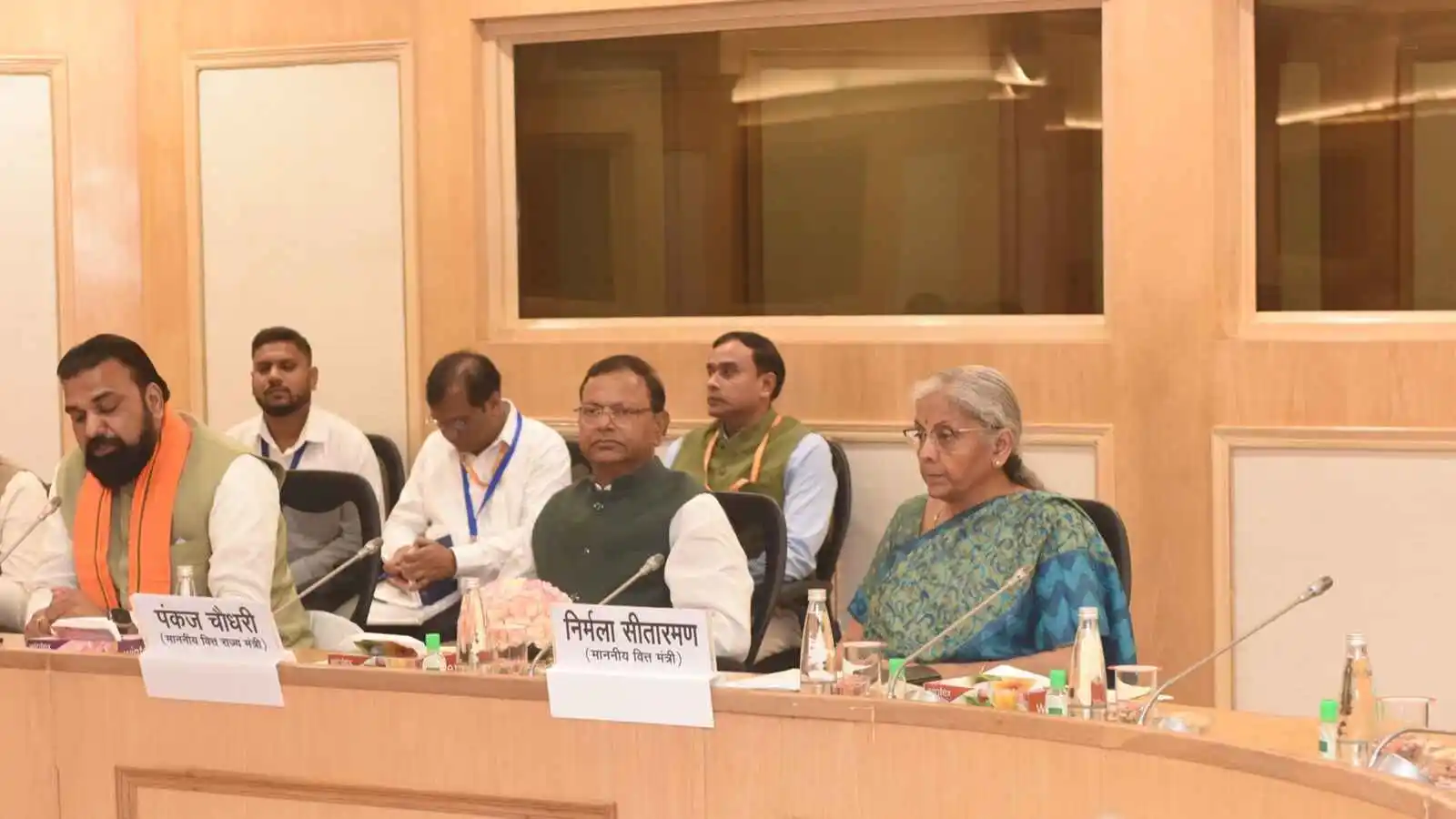Personal Finance News
Term, Life, Health Insurance or ULIPS: What may become cheaper after GST exemption?

3 min read | Updated on August 21, 2025, 19:11 IST
SUMMARY
Impact of GST exemption on insurance premiums: It is estimated that the overall impact of the exemption of GST is likely to be high on term and health insurance policies, making them more affordable for the masses.

The Government has proposed to remove insurance from GST net. | Representational image source: Shutterstock
The Central Government has proposed exempting life and health insurance policies for individuals from GST. At present, there is 18% GST on health and life insurance premiums. The proposal to exempt life and health insurance from the GST net has also been reportedly backed by states. Will this move make Term, Health and Life Insurance or ULIPS cheaper for policyholders?
Jignesh Ghelani, Partner, Dhruva Advisors, a tax advisory firm, has answered the query as below:
The proposal to exempt GST on life and health insurance premiums is a commendable move aimed at increasing affordability and coverage. However, its effectiveness will depend upon the implementation design, including the ability to avail input tax credit (‘ITC’) by the Companies.
There are several types of insurance policies, such as pure term and health insurance, Unit Linked Insurance Plans (ULIPS) and traditional life insurance policies, such as Endowment/Money back.
Premium collected under various insurance policies by the insurance companies are allocated towards ‘coverage of risk’ and in many cases portion of the premium is allocated towards ‘investment’ to generate returns.
Typically, in the case of term and health insurance, there is no investment portion and therefore premiums are generally low. Whereas in the case of traditional life insurance policies, it is understood that approximately 30% to 40% of the premium is invested in early years and more later and for ULIPS, approximately 80% to 95% of the premium is invested depending on charges and policy year.
While GST is applicable at 18% on both health and life insurance premiums, there are specific valuation rules that determine the value of taxable supply on which 18% is to be made applicable.
On a broad basis, the value of taxable supply specifically excludes the portion of the premium allocated for investment/savings. The intent is to tax the premium which is attributable to ‘risk’ coverage. Therefore, it is clear that the direct impact of the exemption may not necessarily bring a reduction of the premium by 18% for all types of insurance policies.
Further, where GST exemption is allowed, the Companies will not be able to avail ITC of GST paid on their purchase of goods and services, thereby increasing the cost of providing insurance services. To this extent, savings on account of the reduction in GST rates will be negated in the case where the companies do not absorb the increase in the cost.
Given the above dynamics, it is estimated that the overall impact of the exemption of the GST rate is likely to be high on term and health insurance policies, making them more affordable for the masses. Whereas the impact of exemption on traditional life insurance or ULIPS is likely to be very low, especially on account of the increase in the tax cost of providing such services.
Related News
By signing up you agree to Upstox’s Terms & Conditions
About The Author
Next Story



